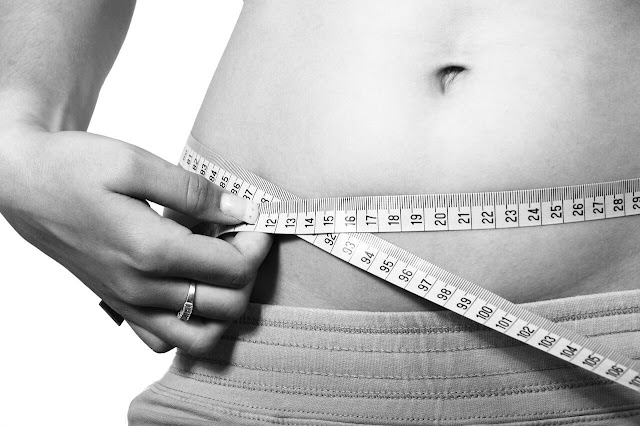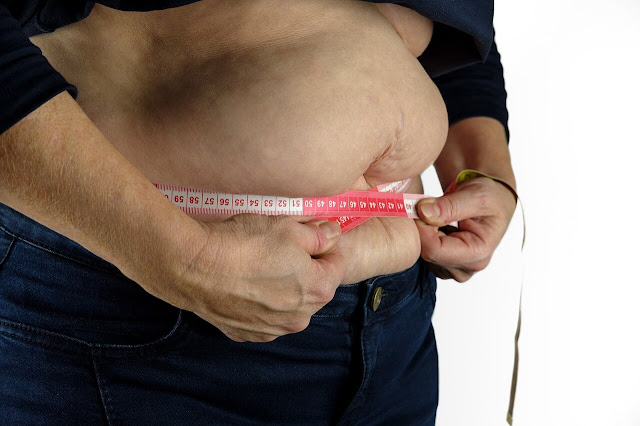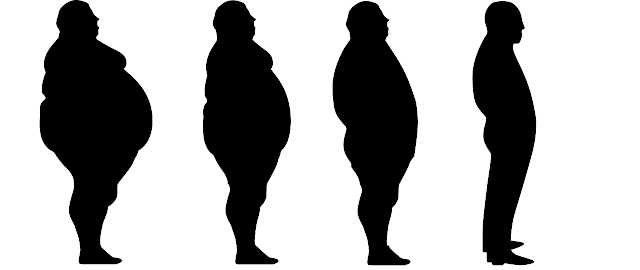Losing weight and achieving faster results are common goals for many individuals striving for improved health and well-being. Understanding the concept of BMR (Basal Metabolic Rate) plays a crucial role in this journey. BMR, the full form of which is Basal Metabolic Rate, represents the number of calories your body needs to perform basic functions while at rest. By harnessing the power of BMR, you can optimize your weight loss efforts and improve your overall metabolic health.
Understanding BMR:
BMR, or Basal Metabolic Rate, is a fundamental concept that influences your body's energy expenditure. It refers to the number of calories your body requires to sustain basic bodily functions, such as breathing, circulation, and cell production, while at complete rest. By comprehending BMR, you gain insight into how your body utilizes energy and how it impacts your weight loss journey.
Factors Influencing BMR:
Several factors influence BMR, including age, gender, body composition, and genetics. Age plays a role, as BMR tends to decrease with age due to a decline in muscle mass and hormonal changes. Gender differences arise from variations in body composition, with men generally having a higher BMR than women. Body composition, specifically the ratio of muscle to fat, affects BMR, as muscle burns more calories than fat. Finally, genetics contribute to individual variations in BMR, making it essential to understand your unique metabolic profile.
Calculating Your BMR:
To estimate your BMR accurately, you can use formulas such as the Harris-Benedict equation or the Mifflin-St Jeor equation. The Harris-Benedict equation takes into account age, gender, weight, and height, while the Mifflin-St Jeor equation considers age, gender, weight, height, and an additional adjustment for physical activity level. By using these formulas, you can calculate your BMR and gain valuable insights into your body's caloric needs.
Optimizing BMR for Weight Loss:
One of the key strategies for maximizing weight loss is optimizing your BMR. To accomplish this, it is crucial to maintain lean muscle mass through regular strength training exercises. As mentioned earlier, muscles burn more calories at rest, contributing to a higher BMR. Additionally, focusing on proper nutrition is vital. Consuming adequate protein helps support muscle growth and maintenance, keeping your metabolism functioning optimally and supporting your weight loss efforts.
Incorporating BMR into Your Weight Loss Plan:
Incorporating knowledge of BMR into your weight loss plan can greatly enhance your results. With a clear understanding of your BMR, you can tailor your caloric intake and create a personalized plan that aligns with your weight loss goals. By ensuring a moderate calorie deficit, you can promote fat loss while still providing your body with the necessary energy for optimal functioning.
BMR Full Form- Frequently Asked Questions (FAQs):
Q1: What does BMR stand for?
A: BMR stands for Basal Metabolic Rate. It represents the number of calories your body needs to perform basic functions while at rest.
Q2: How can I calculate my BMR?
A: You can use formulas such as the Harris-Benedict equation or the Mifflin-St Jeor equation to estimate your BMR accurately. These formulas consider factors like age, gender, weight, height, and physical activity level.
Q3: Can I increase my BMR to boost weight loss?
A: Yes, you can increase your BMR through strategies such as strength training exercises to build lean muscle mass. Additionally, maintaining a balanced diet with adequate protein can support your metabolism and enhance the weight loss effort you s.
Q4: Is BMR the same as metabolism?
A: BMR is a component of metabolism. Metabolism encompasses all the chemical processes that occur in your body to maintain life, including digestion, absorption, and utilization of nutrients. BMR specifically refers to the calories burned at rest.
Q5: Does BMR change with age?
A: Yes, BMR tends to decrease with age due to factors such as muscle loss and hormonal changes. This is why maintaining muscle mass and engaging in regular exercise becomes increasingly important as you get older.
In the realm of health and fitness, there are countless factors to consider when striving to achieve our goals. One crucial aspect that often gets overlooked is understanding our Basal Metabolic Rate (BMR). It serves as a fundamental cornerstone in determining our daily caloric needs and plays a significant role in managing weight, optimizing nutrition, and achieving overall well-being.
Have you ever wondered why some individuals seem to effortlessly maintain their weight while others struggle? The answer lies, in part, in their Basal Metabolic Rate. BMR is the number of calories our bodies require to maintain basic physiological functions at rest. Essentially, it represents the energy expended by our bodies to carry out essential bodily processes such as breathing, circulating blood, and maintaining body temperature.
Calculating your BMR is an essential step in understanding your body's unique energy requirements. By knowing your BMR, you can make informed decisions about your diet and exercise routines to reach your goals effectively. Whether you aim to lose weight, gain muscle, or simply maintain a healthy lifestyle, a BMR calculator is an indispensable tool in your fitness arsenal.
Using a BMR calculator involves inputting certain variables such as age, gender, weight, and height. The calculator then applies established formulas, such as the Harris-Benedict equation or the Mifflin-St Jeor equation, to estimate your BMR accurately. Once you have your BMR value, you can use it as a starting point to determine your daily caloric needs, accounting for physical activity and weight goals.
Understanding the significance of your BMR goes beyond just calories. It allows you to tailor your nutrition and exercise plans to meet your specific needs. For instance, if you aim to lose weight, creating a calorie deficit below your BMR can help you shed those extra pounds. On the other hand, if your goal is muscle gain, you can adjust your caloric intake to support your exercise routine and provide the necessary energy for growth and repair.
A BMR calculator can act as your personal guide in maintaining a healthy lifestyle, optimizing your nutrition, and achieving sustainable results. It empowers you to make informed choices, ensuring that you nourish your body appropriately and avoid unnecessary calorie surplus or deprivation.
In this blog post, we will delve deeper into the importance of understanding your Basal Metabolic Rate. We will explore the factors that influence BMR, discuss how it relates to weight management, and provide practical tips on how to incorporate this knowledge into your fitness journey. By the end, you will have a comprehensive understanding of BMR and be equipped with the tools to make informed decisions to support your health and fitness goals.
So, let's embark on this insightful journey to unravel the mysteries of Basal Metabolic Rate and discover how it can unlock the full potential of your well-being.
BMR Calculator
Harnessing the power of BMR, or Basal Metabolic Rate, is a game-changer in your weight loss journey. By understanding BMR and its significance, you can optimize your weight loss efforts, promote healthy metabolism, and achieve faster results. Incorporate the knowledge of BMR into your personalized weight loss plan, focusing on strength training exercises, proper nutrition, and a moderate calorie deficit. Ignite your weight loss journey and experience the transformative impact of harnessing the power of BMR.







